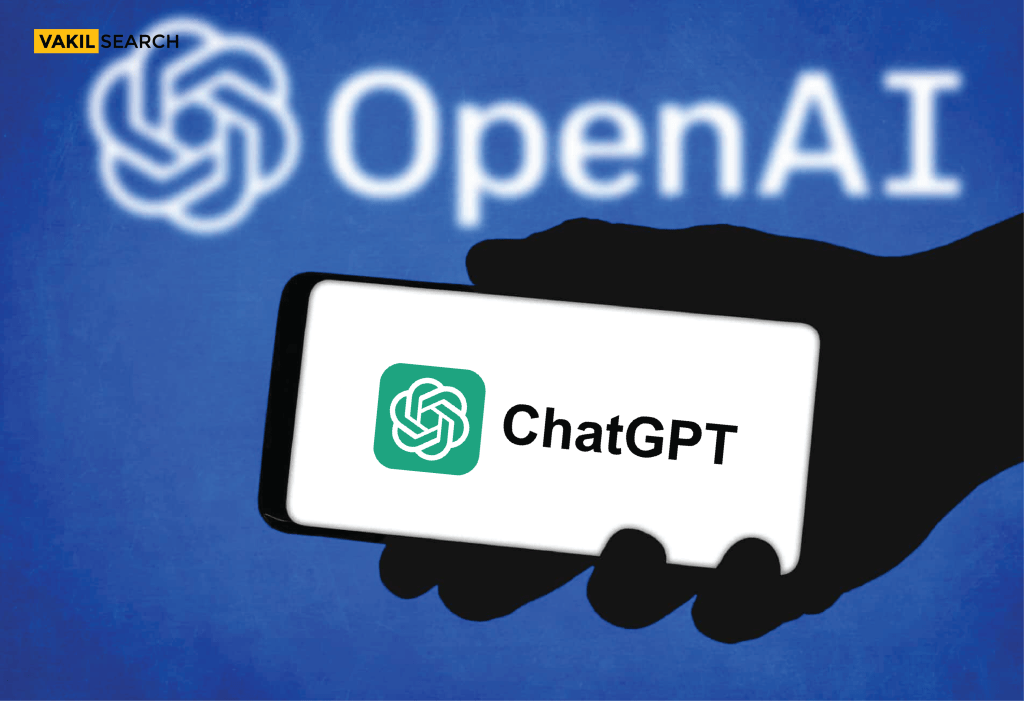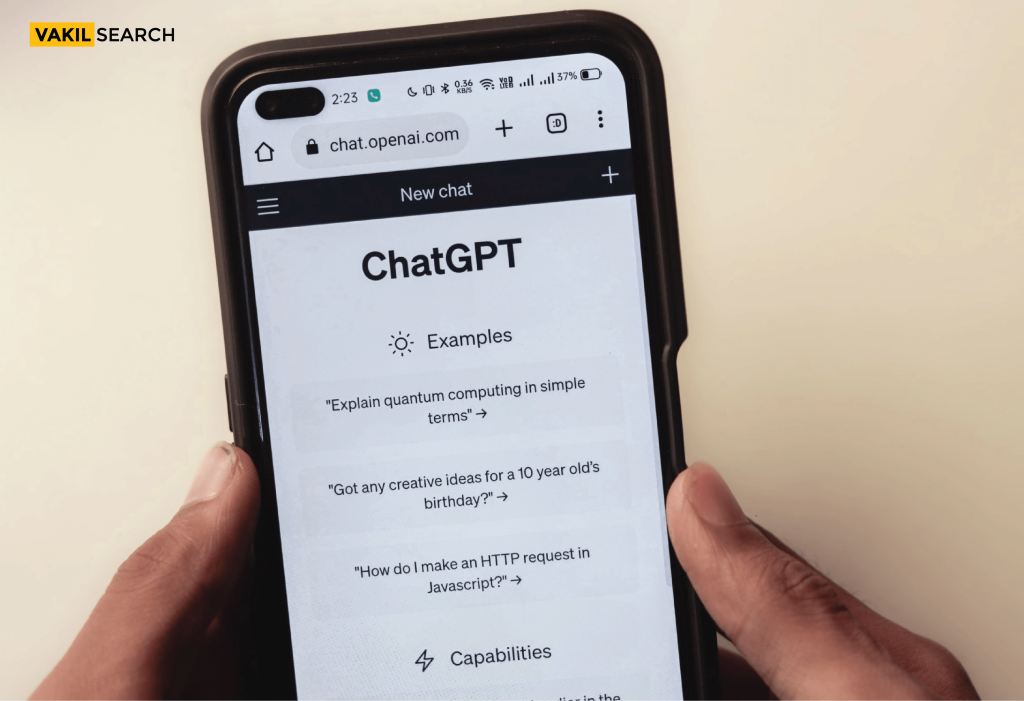OpenAI has argued before the Delhi High Court that it cannot be held liable for copyright infringement in India, as its data storage and model training occur outside the country. The artificial intelligence company made these submissions in response to a lawsuit filed by Asian News International (ANI), which alleged that OpenAI used its content without permission to train its AI chatbot, ChatGPT.
Jurisdictional and Copyright Law Arguments
Senior Advocate Amit Sibal, representing OpenAI in the OpenAI copyright infringement suit, submitted before Justice Amit Bansal that the Indian Copyright Act, 1957, does not extend beyond India’s borders. He contended that since OpenAI’s Large Language Model (LLM) training and data storage take place outside the country, any alleged infringement would not fall within the purview of Indian law.
“Any action that is claimed to be infringement must take place within the four corners of this country. If it does not occur within India, it cannot be considered infringement under the Indian Copyright Act,” Sibal stated.
He clarified that while ChatGPT is accessible in India, this does not equate to storing or using ANI’s content within the country. Additionally, he emphasised that there is no evidence proving that OpenAI stores ANI’s data within India.

Nature of Data Processing by ChatGPT
OpenAI’s counsel further argued that ChatGPT does not store or directly reproduce copyrighted material but rather learns through a training process. He explained that the AI system does not memorise data in a manner that allows for direct retrieval of ANI’s content.
“There is no expressive use of ANI’s content, no evidence of a repository of stored content,” Sibal stated. He added that ChatGPT’s training draws from vast amounts of publicly available data and does not rely on any single source, including ANI.
Moreover, he pointed out that courts in other jurisdictions have not found OpenAI guilty of copyright infringement.
“The storage process is merely an intermediate step towards the use of non-expressive elements of a text corpus. Copyright law protects expression, not ideas or facts,” Sibal argued.
ANI’s Allegations Against OpenAI
ANI has claimed that OpenAI has been using its content for commercial purposes without permission. According to the news agency, ChatGPT accesses ANI’s original reports from its website and other sources, reproducing and distributing them without attribution or licensing agreements.
ANI has alleged that OpenAI not only extracts content from its website but also collects information shared with its subscribers. The agency contends that this constitutes copyright infringement under Indian law.
Concerns Over Fabrication and Misattribution
ANI has also raised concerns about ChatGPT’s occasional generation of fabricated statements falsely attributed to the agency. These inaccuracies, commonly referred to as AI “hallucinations,” could harm ANI’s credibility and contribute to the spread of misinformation.
In response, OpenAI stated that it blocked ANI’s website from ChatGPT’s training in October 2023 following the lawsuit. However, it denied claims that ChatGPT generates verbatim responses using ANI’s content.

Legal Issues Under Consideration
The Delhi High Court is examining four key questions in the case:
- Whether OpenAI’s storage of ANI’s data, which is considered news content and claimed to be protected under the Copyright Act, 1957, constitutes copyright infringement.
- Whether OpenAI’s use of ANI’s copyrighted material to generate user responses amounts to copyright infringement.
- Whether OpenAI’s actions fall under ‘fair use’ as per Section 52 of the Copyright Act, 1957.
- Whether Indian courts have jurisdiction to hear the case, given that OpenAI’s servers are located in the United States.
Compensation and Relief Sought by ANI
ANI has sought damages of ₹2 crore and requested a court order preventing OpenAI from using or storing its content. The news agency is pushing for stricter measures to prevent AI models from using its work without explicit permission.
Next Steps
The Delhi High Court has issued summons to OpenAI and appointed Advocates Adarsh Ramanujan and Dr Arul George Scaria as amici curiae to assist in the matter. OpenAI’s counsel will continue presenting arguments in the next hearing.
The case marks a significant legal test for artificial intelligence companies operating in India, particularly concerning copyright law and AI-generated content. The case could shape how authorities enforce copyright protections against AI models that process vast amounts of online data.
For businesses and creators looking to safeguard their intellectual property, Vakilsearch offers expert legal assistance in copyright registration and enforcement.
- OpenAI Defends ChatGPT in Delhi HC Over Copyright Infringement - April 3, 2025
- Haryana GST Amnesty Scheme Offers Relief on Interest and Fines - March 31, 2025
- FM Sitharaman Defends Digital Records Access in Tax Investigations - March 26, 2025

